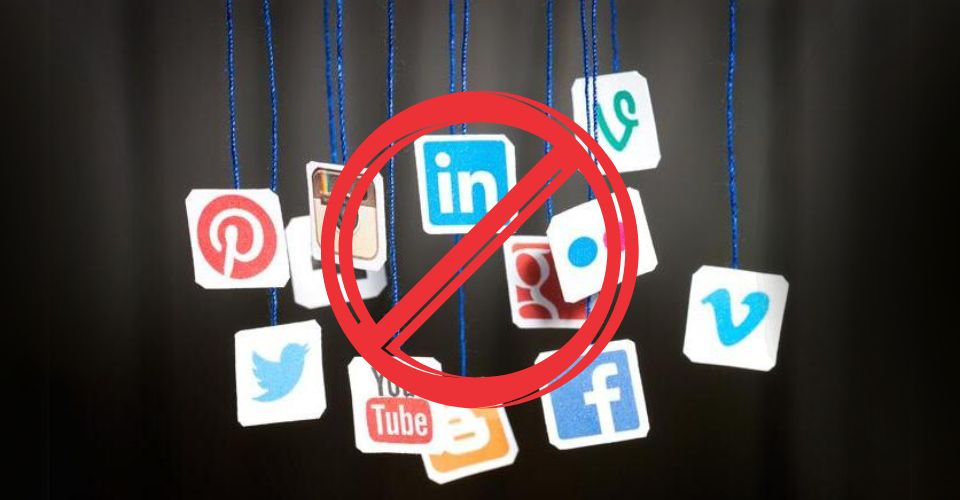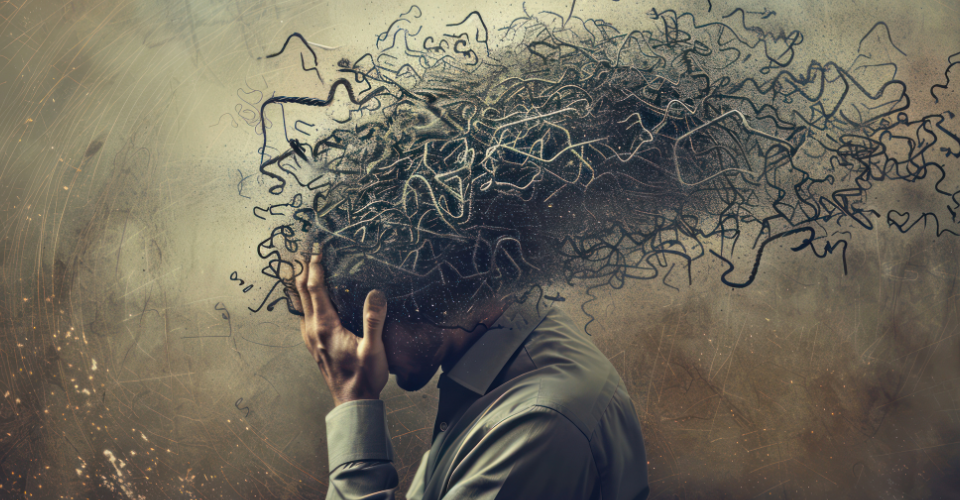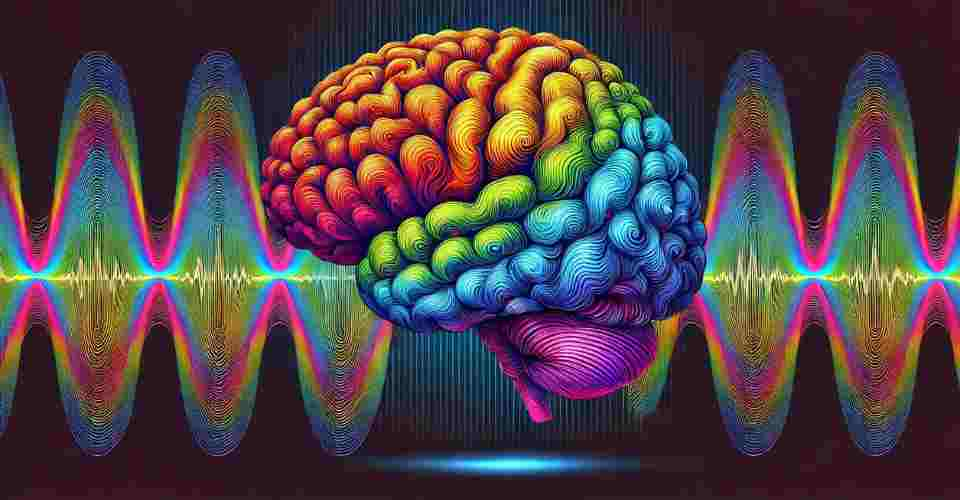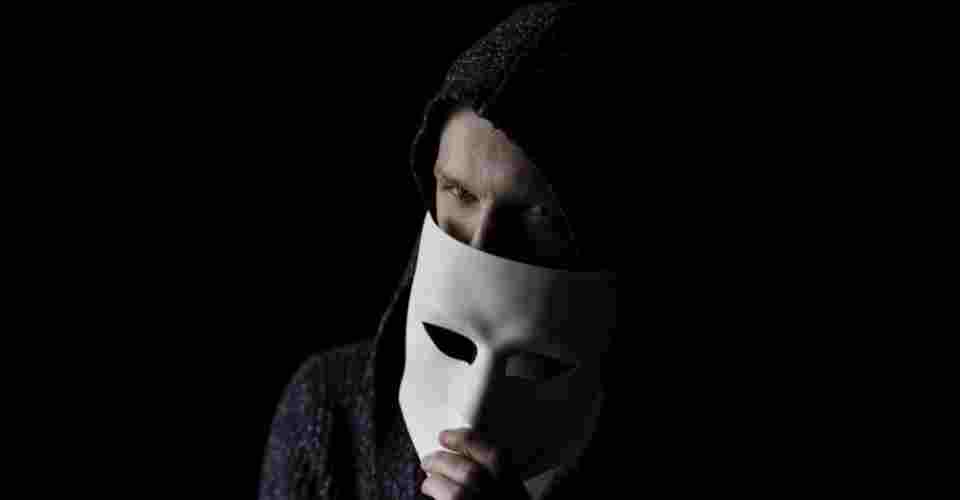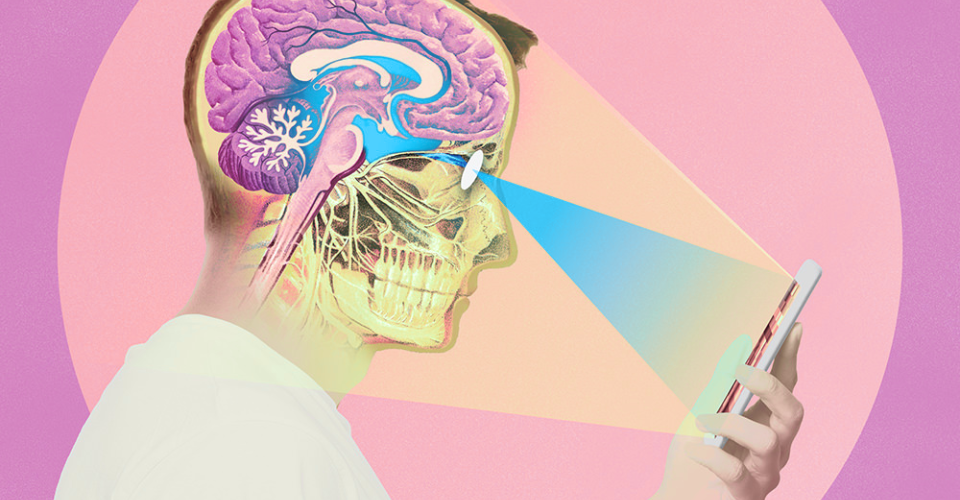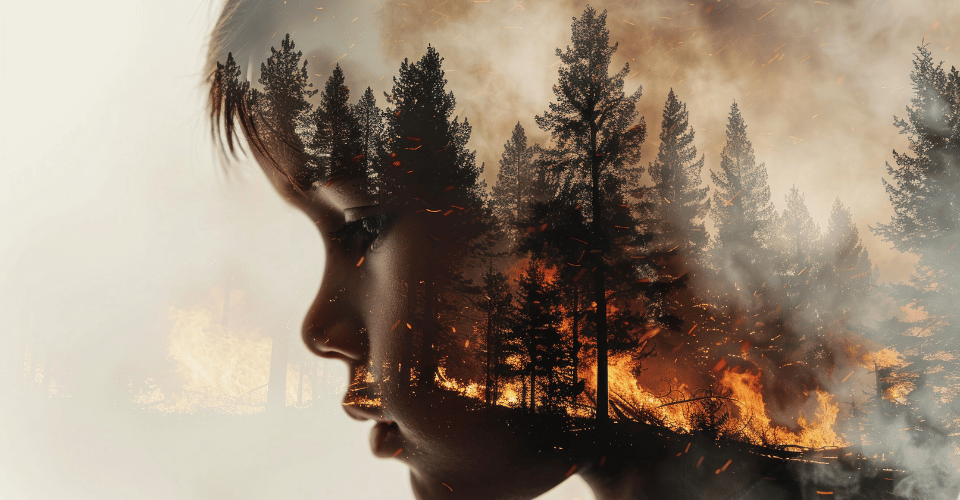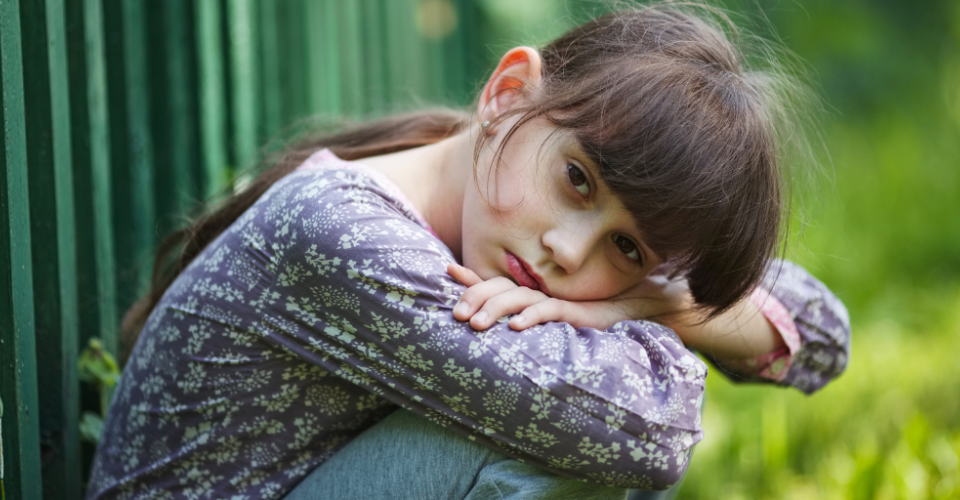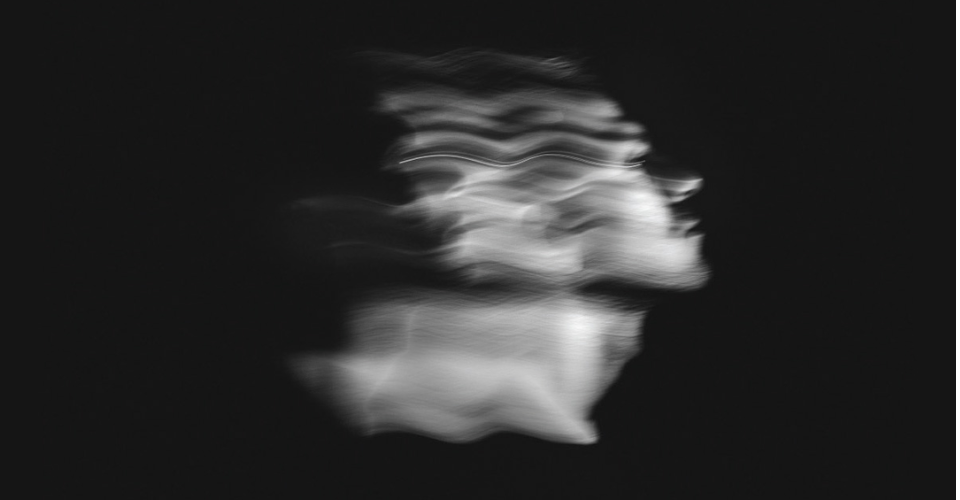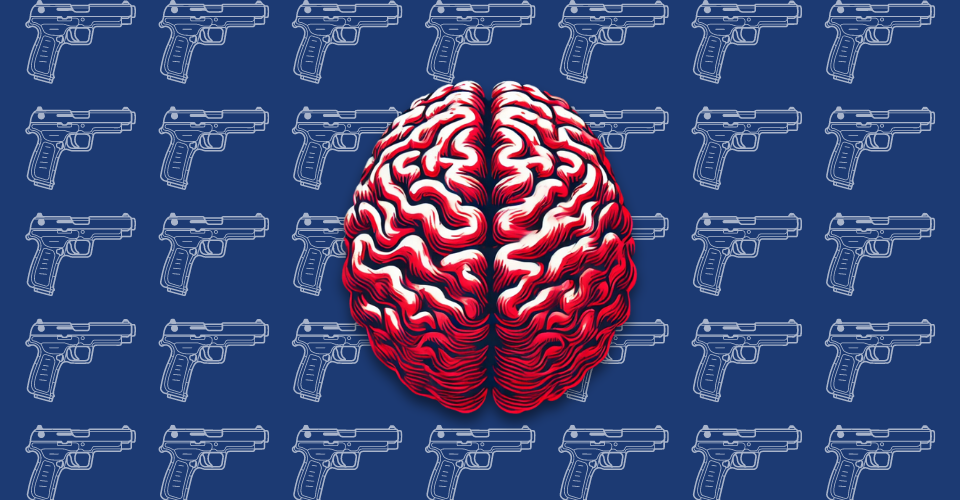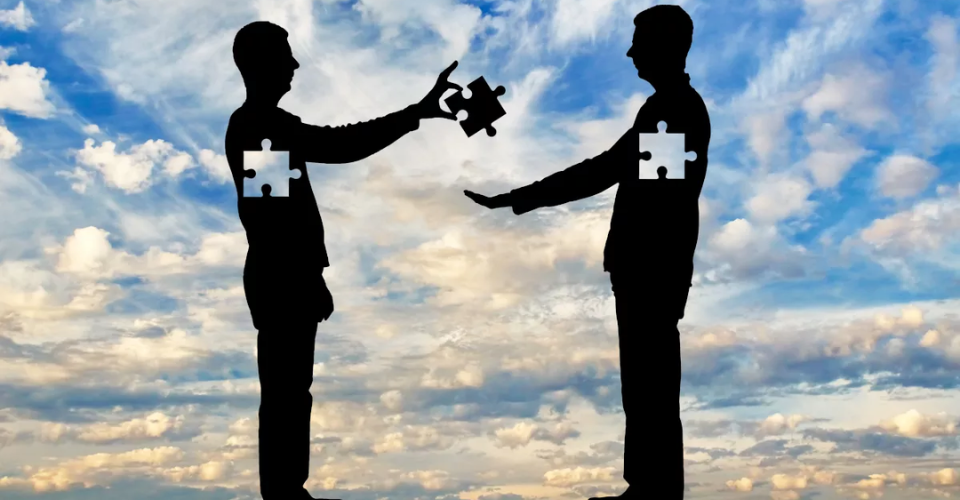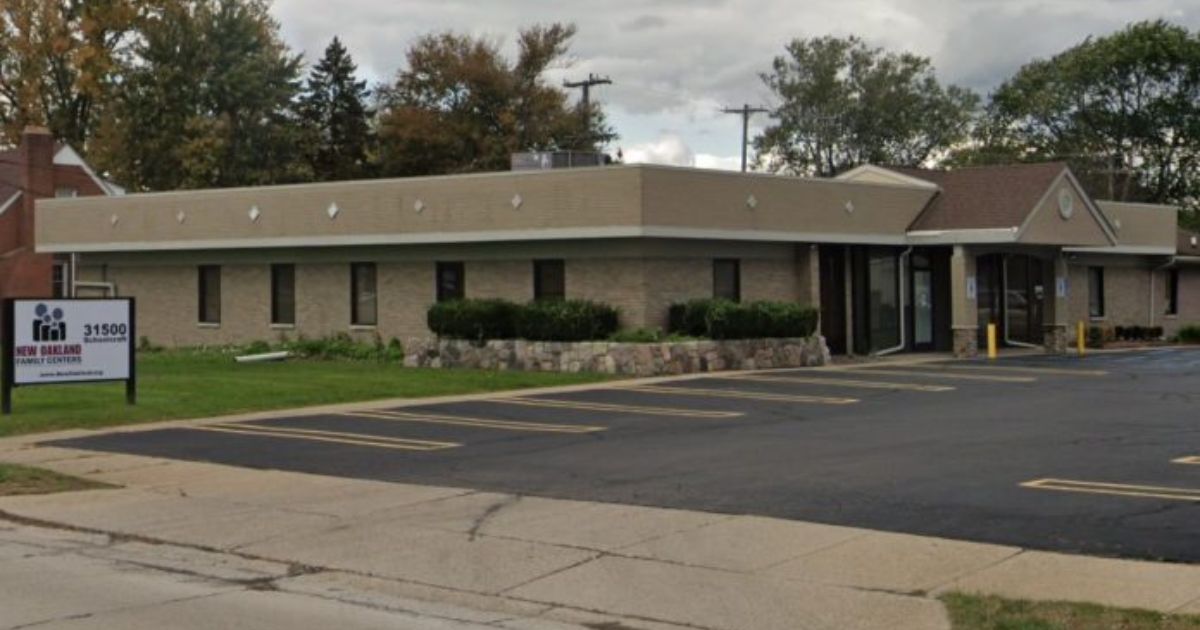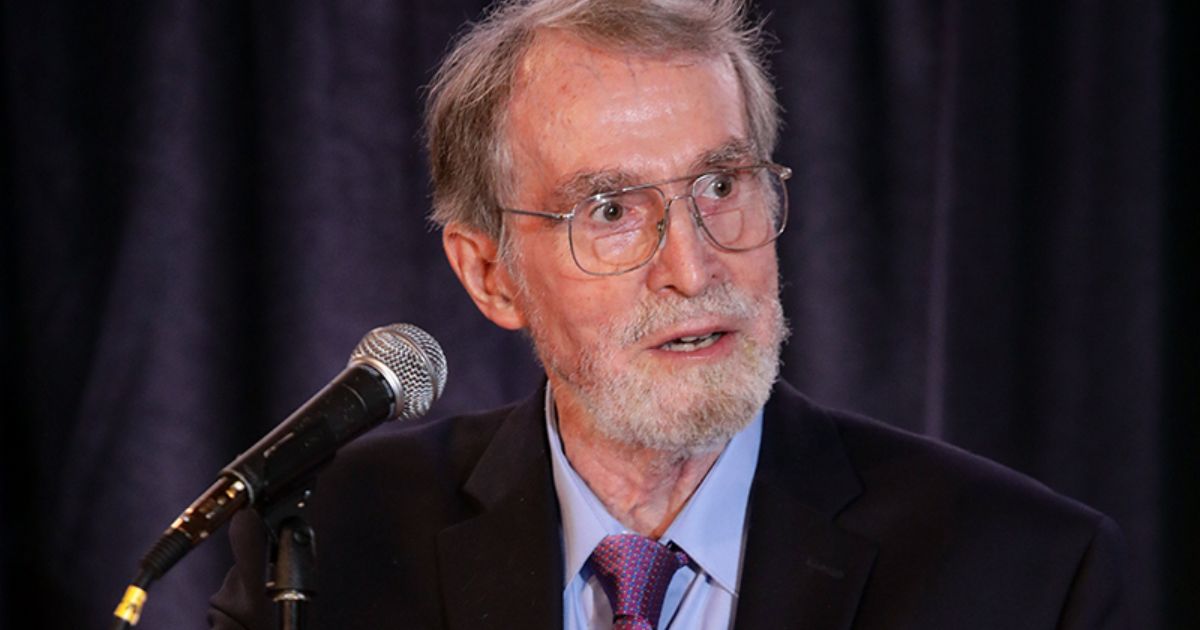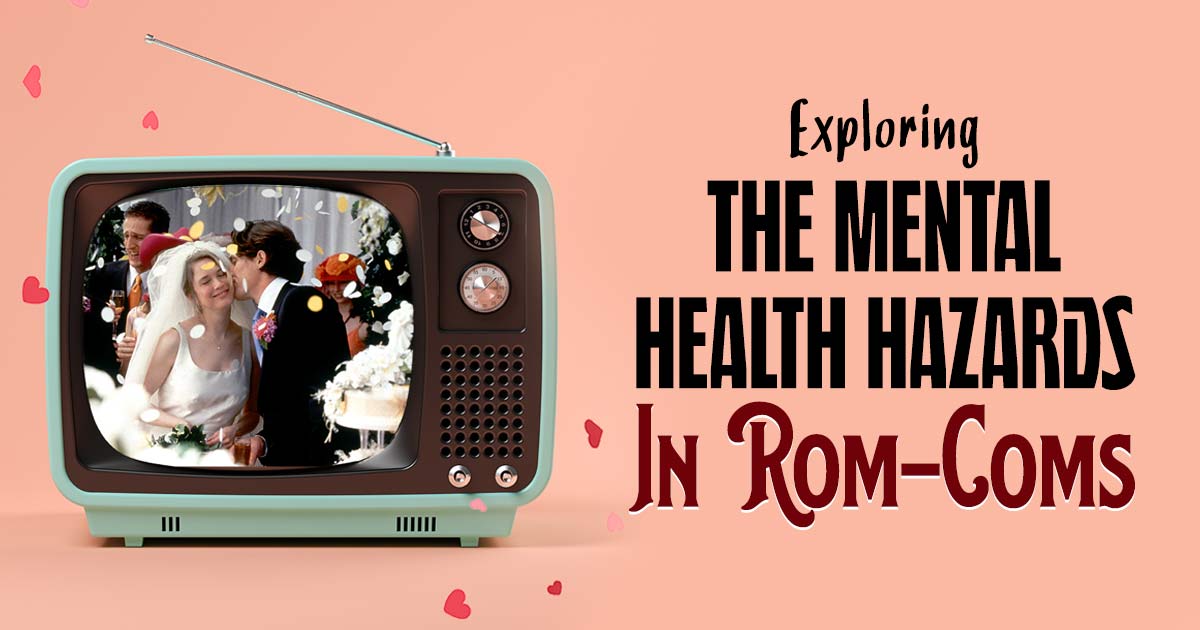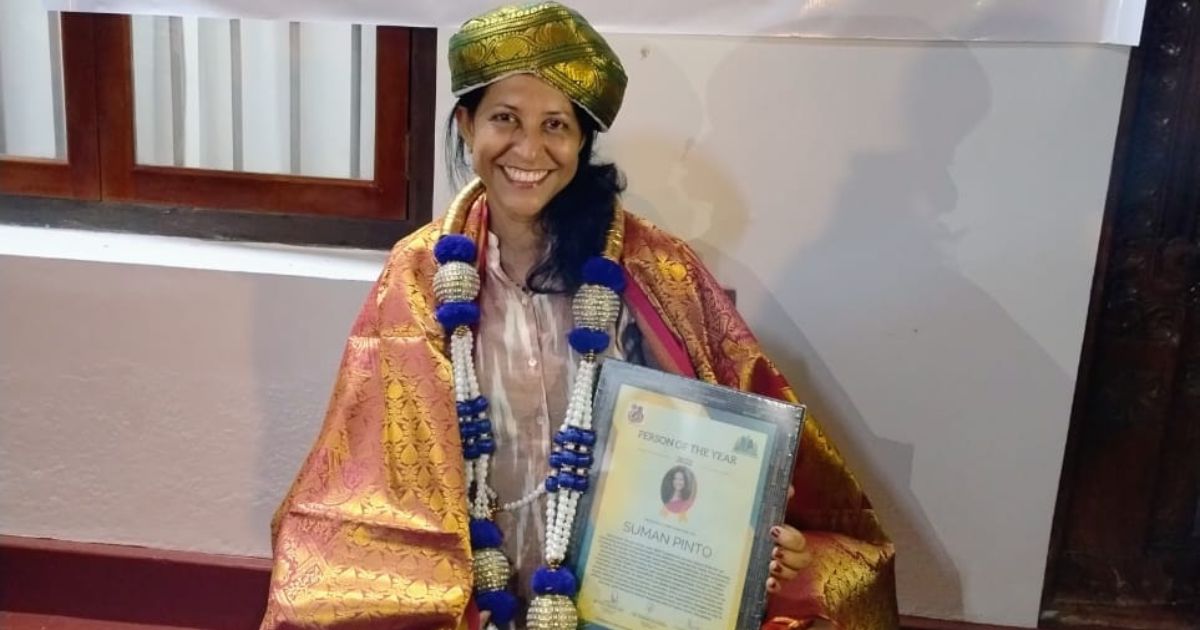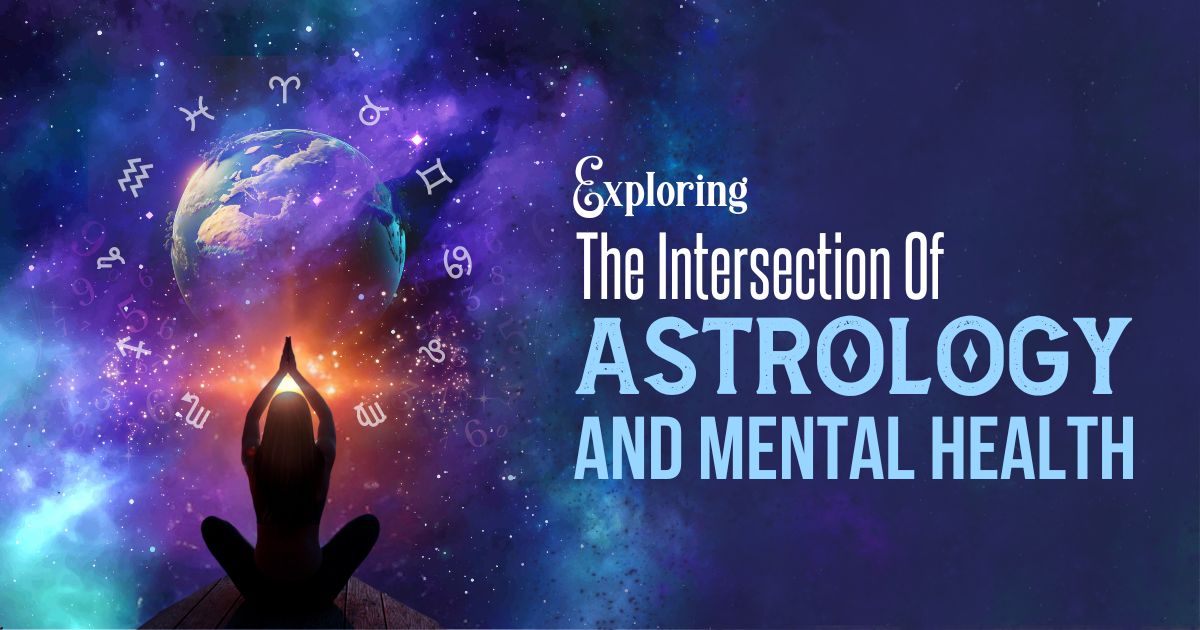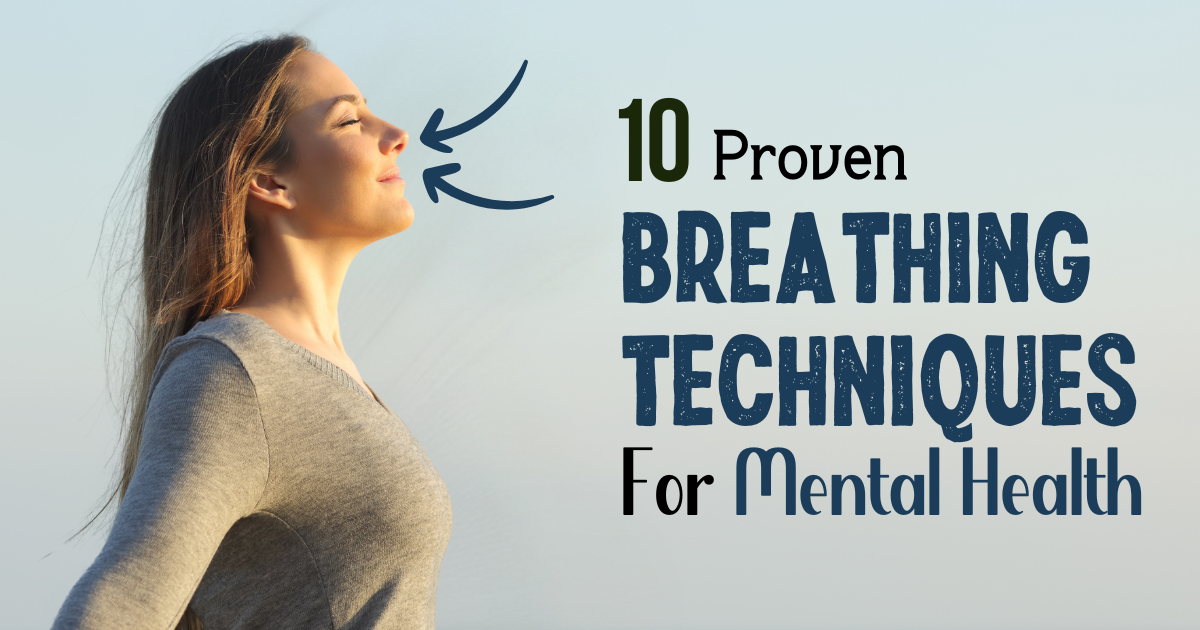Introducing Dr. Julia DiGangi, a distinguished neuropsychologist with almost two decades of mastery. She will help us to understand the core of anxiety, peeling back its layers to reveal its inner workings.
Early in my career, a patient named Jerry shared a profound insight: “I never knew for sure when my dad was gonna beat the shit out of me, so I’d provoke him in the morning.
Better to get it out of the way.” These words illuminated a powerful force that often governs our lives: uncertainty.
For more than two decades, I have witnessed individuals rise from unbearable pain to venture into a future shrouded in uncertainty.
These are the individuals I work with—people who have endured unfathomable traumas and, amidst their struggle, seek a semblance of safety within an unpredictable world.
Uncertainty, it appears, is a life-long companion. But what does it promise? It guarantees that the future remains an enigma. I stand in awe of those who, in the face of this truth, muster the courage to say, “I rise again not because I know for sure, but because I hope anyway.”
What Neuropsychologist Says About The Core of Anxiety
The agony of uncertainty isn’t an unfamiliar phenomenon. Research reveals that uncertainty, on an emotional level, can outstrip physical pain.
This is evident in studies where people, exposed to electric shocks, report more agony when uncertain about the shocks’ likelihood compared to when certain about them. This intriguing insight underscores the power that uncertainty holds over our emotional landscape.
The brain, sensing this emotional turmoil, becomes a vigilant guardian, constantly seeking to evade uncertainty. Yet, here lies a transformational opportunity—to shift our relationship with this energy.
The journey to empowerment commences when we acknowledge that uncertainty’s grasp extends beyond specific situations. T
he pursuit of micromanaging our lives, situation by situation, impedes our emotional growth. Focusing solely on minimizing uncertainty in isolated instances drains our vitality and ignores the deeper currents of emotional pain spanning various situations.
Uncertainty isn’t to be avoided, for it’s an inherent part of existence. Instead, it’s to be embraced and understood. The “overs”—overthinking, overworking, overdoing—are all defense mechanisms against anxiety, attempts to quell the disquiet within.
But these endeavors at self-preservation often exacerbate emotional distress. Overworking, for instance, might stem from a fear of what might happen if we don’t, while overthinking turns an otherwise pleasurable activity into a tormenting exercise.
These patterns of “overs” emerge as a response to anxiety, an attempt to gain control over the unpredictable. The logic is simple: if I do more, think more, then I’ll be safe. This association between anxiety and the quest for certainty pervades all forms of anxiety, from mild to severe.
To confront life’s uncertainty, a crucial realization emerges: the energy of uncertainty behaves predictably. A clinical illustration clarifies this concept. Post-traumatic stress disorder (PTSD) cannot be diagnosed amidst active trauma, as responses that save lives in traumatic environments become pathological outside of them.
For instance, hypervigilance and constant alertness might be life-saving in a combat zone but wreak havoc when individuals return to a secure environment.
Similarly, in our lives, behaviors meant to shield us from pain—the “overs”—paradoxically amplify it. Extreme safety-seeking fuels various forms of anxiety, from PTSD to social anxiety.
Anxiety isn’t about recognizing dangerous things; it’s about an inability to perceive safe things as safe.
The intricate dance between uncertainty and anxiety is an ever-present theme in our lives. Driven by a desire for control, we employ various tactics to manage the unpredictable.
Yet, the more we resist uncertainty, the more we wrestle with anxiety. Understanding the consistent rhythm of uncertainty’s energy empowers us to navigate its currents with grace.
From PTSD to everyday life, uncertainty’s impact echoes through different contexts. The “overs,” our coping mechanisms, ironically exacerbate emotional pain. Embracing uncertainty, rather than resisting it, becomes a gateway to emotional liberation.
As we traverse this terrain, let us remember that the energy of uncertainty doesn’t dictate our situations—it shapes them.
By acknowledging and working with uncertainty, we unlock a new level of self-awareness, enabling us to dance with life’s uncertainties rather than be consumed by them.


